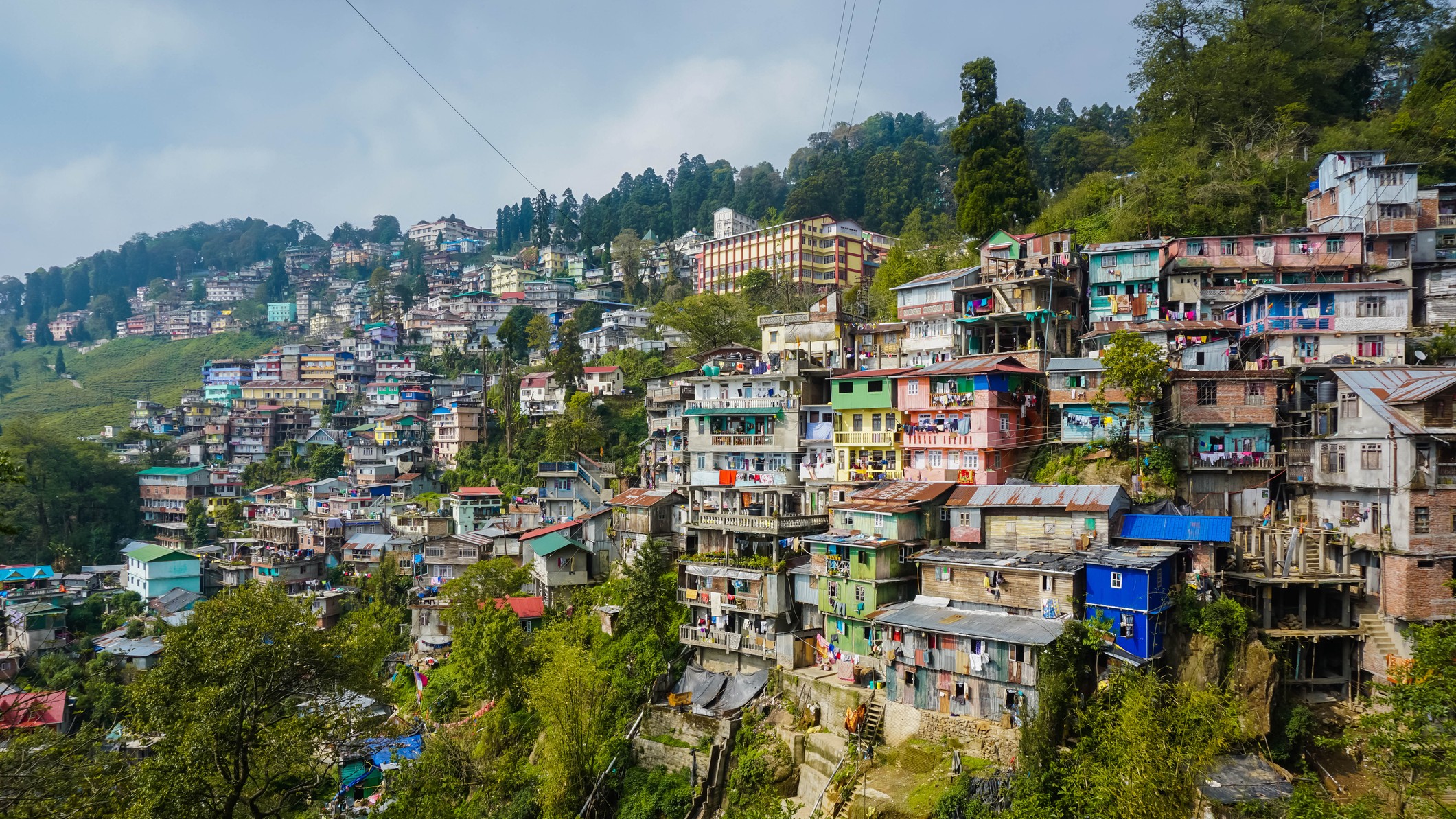Politics
BJP’s Interlocutor Appointment Sparks Political Tensions in West Bengal

Political tensions in West Bengal escalated following the Bharatiya Janata Party’s (BJP) unilateral appointment of an interlocutor to discuss issues in the Darjeeling, Dooars, and Terai regions. This decision was made without consultation with the state government led by Chief Minister Mamata Banerjee, prompting a sharp backlash. The appointment has raised questions about the Centre’s approach to federalism and its implications for the already delicate political landscape in the region.
The term “issues” referenced in the appointment lacks clarity and specificity. These issues encompass a range of long-standing demands, including the quest for a separate state of Gorkhaland and the inclusion of Nepali-speaking Gorkha people in the Sixth Schedule of the Indian Constitution. The political complexities in the area involve various parties and organizations, not solely the BJP and the Trinamool Congress (TMC), which governs West Bengal.
The political backdrop is fraught with tension as the state prepares for upcoming elections. Prime Minister Modi and Home Minister Amit Shah have engaged in a series of verbal exchanges with Banerjee, each accusing the other of undermining democratic processes. Shah’s recent comments suggested that Banerjee is “nervous” about the detection of illegal infiltrators, while Banerjee has implored the Election Commission of India to maintain its independence from BJP influence.
The Centre’s decision to appoint an interlocutor without engaging the state government is viewed as a significant breach of the principles of federalism, where responsibilities and powers are meant to be shared. This move has been interpreted as an encroachment into West Bengal’s governance, particularly with discussions being held with local political entities in Darjeeling, a region that holds deep historical significance for the Gorkha community.
The aspiration for a separate state of Gorkhaland has been a contentious issue for decades. As Subas Ghisingh, the original leader of the Gorkhaland movement, articulated in the late 1980s, this demand is fundamentally tied to the identity of the Gorkha people. For many in West Bengal, the prospect of partitioning the state remains equally sensitive. The struggle for Gorkhaland has seen its share of violence and unrest, notably during the 1980s, when the Jyoti Basu government faced severe challenges in addressing these demands.
Since the signing of the tripartite accord in 1988, which established the Darjeeling Gorkhaland Hill Council, tensions have simmered. The formation of the Gorkhaland Territorial Administration (GTA) has not resolved the underlying issues, as political factions continue to emerge, each vying for representation and recognition of their unique identities.
The recent appointment of an interlocutor with a vague mandate has been described as a potential flashpoint in a historically volatile region. The rejection of this appointment by local political leaders could intensify the conflict between the BJP, which secured 30 out of 54 seats in North Bengal during the last elections, and the TMC. This rivalry comes at a time when the region is still grappling with the aftermath of severe rainfall, landslides, and flooding that have devastated communities.
As the political landscape in West Bengal becomes increasingly charged, the implications of the Centre’s unilateral actions in Darjeeling will likely reverberate through the upcoming election cycle. The situation remains a delicate balance of power and identity, with the future of the region hanging in the balance as various stakeholders push for their interests.
In a climate already rife with political controversy, the ramifications of these decisions could significantly impact the lives of those residing in the affected areas. The ongoing dialogue, or lack thereof, between the Centre and the state government will be crucial as West Bengal navigates this complex political terrain.
-

 World5 months ago
World5 months agoSBI Announces QIP Floor Price at ₹811.05 Per Share
-

 Lifestyle5 months ago
Lifestyle5 months agoCept Unveils ₹3.1 Crore Urban Mobility Plan for Sustainable Growth
-

 Science4 months ago
Science4 months agoNew Blood Group Discovered in South Indian Woman at Rotary Centre
-

 World5 months ago
World5 months agoTorrential Rains Cause Flash Flooding in New York and New Jersey
-

 Top Stories5 months ago
Top Stories5 months agoKonkani Cultural Organisation to Host Pearl Jubilee in Abu Dhabi
-

 Sports4 months ago
Sports4 months agoBroad Advocates for Bowling Change Ahead of Final Test Against India
-

 Science5 months ago
Science5 months agoNothing Headphone 1 Review: A Bold Contender in Audio Design
-

 Top Stories5 months ago
Top Stories5 months agoAir India Crash Investigation Highlights Boeing Fuel Switch Concerns
-

 Business5 months ago
Business5 months agoIndian Stock Market Rebounds: Sensex and Nifty Rise After Four-Day Decline
-

 Sports4 months ago
Sports4 months agoCristian Totti Retires at 19: Pressure of Fame Takes Toll
-

 Politics5 months ago
Politics5 months agoAbandoned Doberman Finds New Home After Journey to Prague
-

 Top Stories5 months ago
Top Stories5 months agoPatna Bank Manager Abhishek Varun Found Dead in Well









